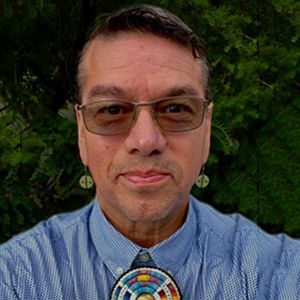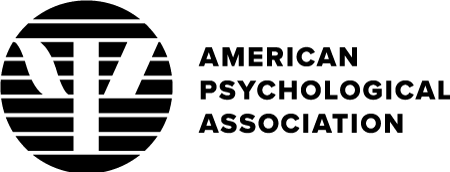APA.org.......APA Style.......APA Services.......Divisions

Mark Standing Eagle Baez, PhD
Assistant Professor, Bemidji State University
Dr. Mark Standing Eagle Baez is an Assistant Professor of Counseling and Clinical Psychology. He is of Mohawk/Pawnee/Coahuiltecan and Mexican descent. His Ph.D. is in general psychology with an emphasis with cognition from GCU. Dr. Baez is a licensed school psychologist, licensed chemical dependency counselor, certified cognitive behavioral therapist, and certified anger resolution therapist. Dr. Baez has provided a variety of consulting services with tribes across Indian country, non-profits, hospitals, treatment centers, and Higher Educational Institutions since 2003. His concepts are intended to strengthen and empower not only the individual skills but also work to improve mental health services provided by non-Native practitioners to Tribal communities and Native American clients. He has been published in several academic journals and presented at numerous national conferences. Clinically, Dr. Baez has worked with diverse clients in both inpatient/outpatient and academic settings since 1997. His areas of expertise include psychological and psychoeducational evaluations, clinical assessments, mental health counseling, substance abuse counseling, historical/intergenerational trauma/Native American wellness, self-care, bullying among Native American youth, and suicide among Native American populations. Dr. Baez’s research interests include strength-based psychology and resiliency, culturally sensitive measurement development, psychological well-being, and the epidemiology and treatment of mental health and substance use in ethnic minorities. He is active in education, mental health and participatory research. He uses a culturally responsive approach he developed in 2009 called the ‘Sweetgrass Method’ which incorporates introspection, collaboration, and continuity that braid essential approaches in mental health and substance abuse issues for clients, communities and professional staff that are working with clients or communities in those areas.
American Psychological Association
750 First St. NE, Washington, DC 20002

